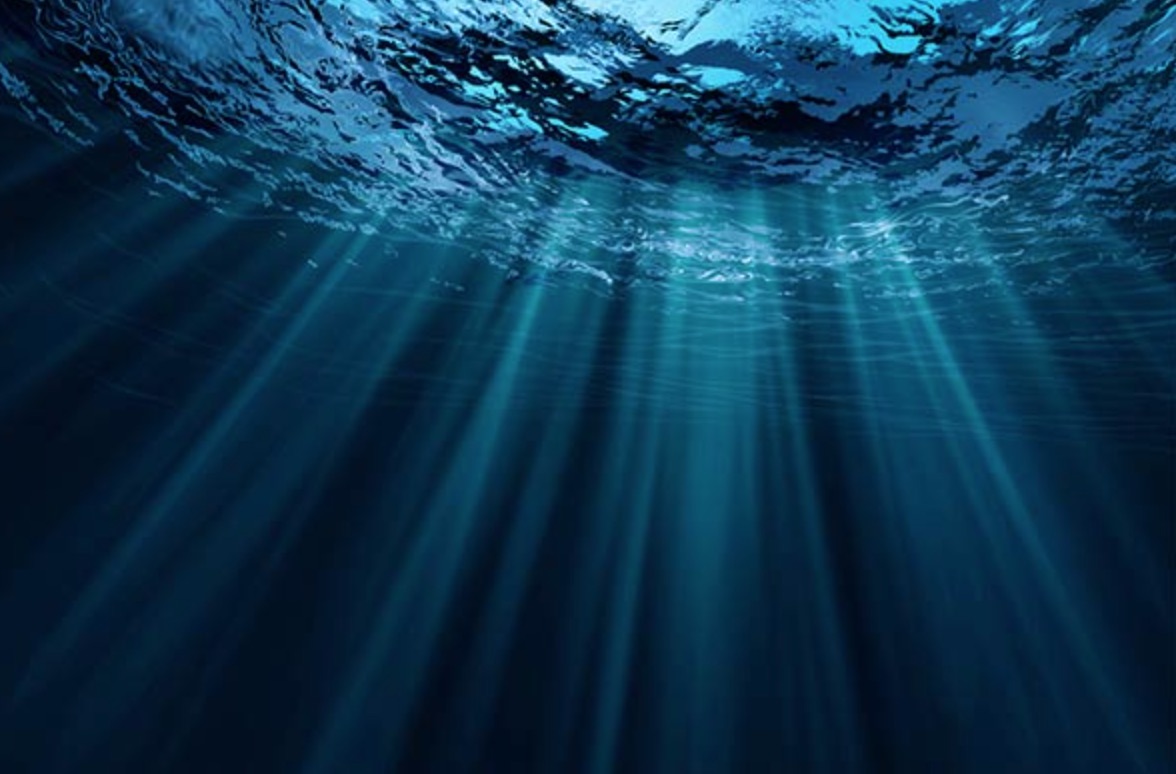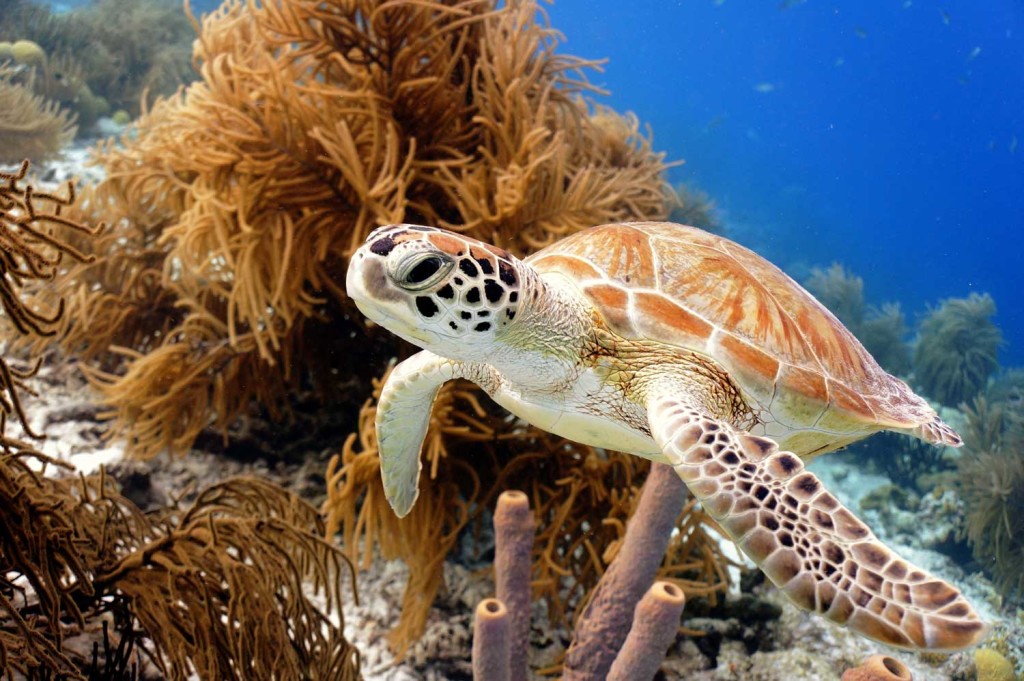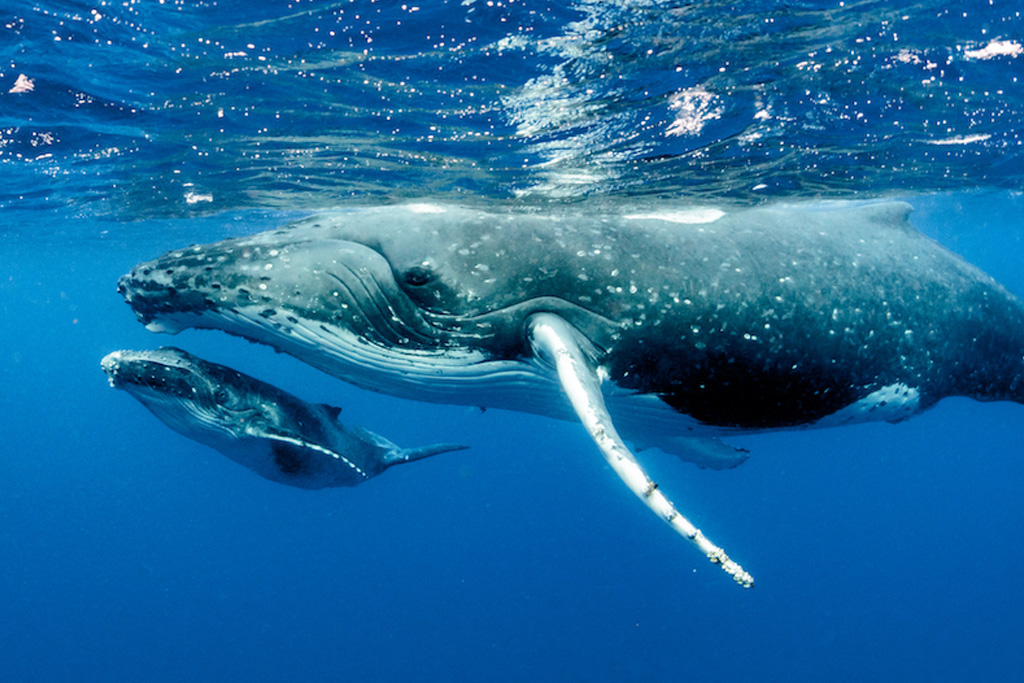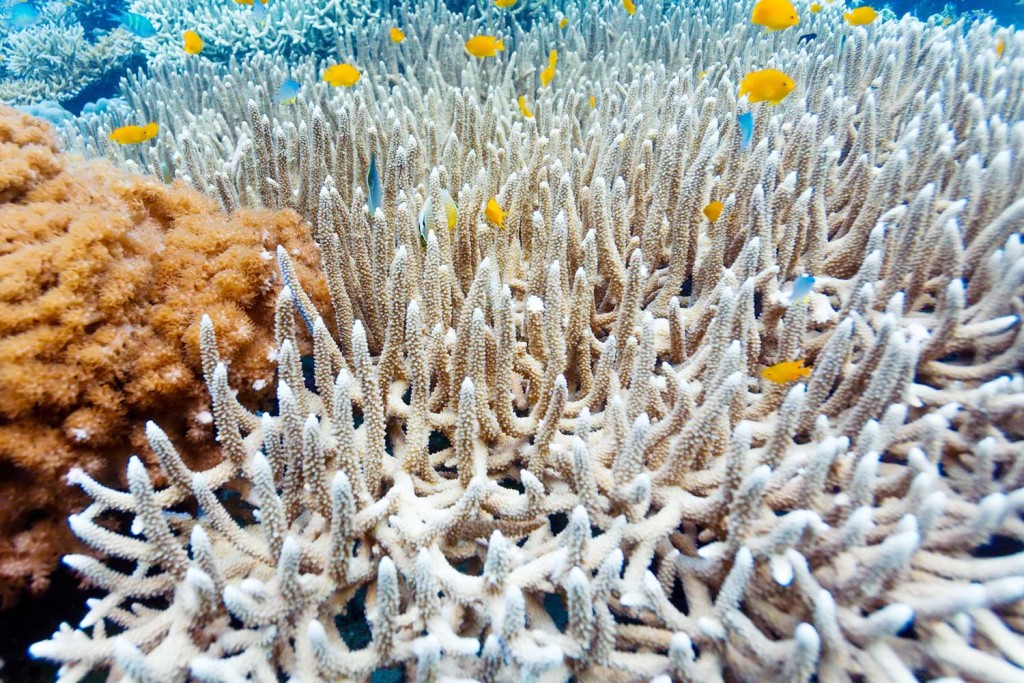About Us
Mission Statement
Rock The Ocean Foundation is a 501(c)(3) organization. Our mission is to increase public awareness about the issues impacting the world’s oceans and to support scientific research, education and ocean conservation initiatives through benefit concerts, brand partnerships, and a lifestyle apparel collection dedicated to saving our seas.

Shop for a Cause
100% of proceeds from your purchase from the Rock The Ocean Collection goes to saving our world’s oceans and marine life. Click below to join our movement and fly your flag for ocean conservation.

We Call our Core Issues The Big Five
Ocean conservation includes a whole world of issues. At Rock The Ocean, we focus our efforts for maximum impact. For us, it’s the Big 5, our core conservation issues: Sharks, Sea Turtles, Marine Mammals, Coral Reefs, and Marine Habitats. Each of these five issues has a major impact on the overall health and future of our oceans. And they’re areas where we believe our efforts can do the most good.

Big 5 Core Conservation Issues
Our Pod

Laurann Osborne
Operations Manager Walk up song:"Let's Go" Lil Jon & The East Side Boyz and Trick Daddy Contact Laurann

Annie Botch
Outreach & Sustainability Coordinator Walk up song:"I Knew You Were Trouble" Taylor Swift Contact Annie

Lindsey Hendricks
Communications & Event Coordinator Walk up song:"Circus" Britney Spears Contact Lindsey








